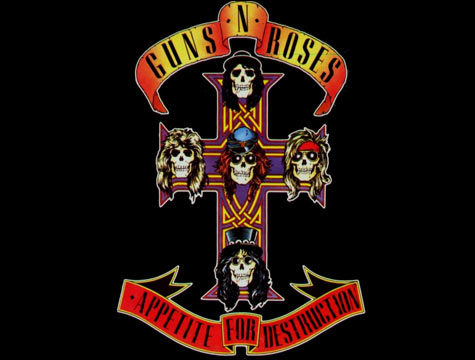Right, you had a question. We're going to assume that you granted the sheet music publisher exclusive rights to publish the portfolio. In that case, the publisher (as exclusive licensee) is considered the “copyright owner” of that collection of sheet music and has the right to register the collection and to file an infringement action in court to stop a rival sheet music publisher who rips off the portfolio. In reality, the rights acquired by the copyright owner are narrow because the sheet music publisher doesn't own copyright in the songs or their arrangements -- that's yours. What the folio publisher owns is the equivalent of a "thin copyright" -- a work that contains limited copyrightable subject matter. The key to the publisher's ability to claim its copyright is that the license you granted is exclusive. A non-exclusive license won't cut it.
Do you have to expressly grant a derivative copyright? No, not exactly, but you do have to grant the exclusive license which automatically gives rise to the publisher's ability to register its rights and pursue thieves. The agreement may also modify the rights and relationships of the two parties. So, you could request that if the publisher is going to go after someone that you be notified immediately so that you can also pursue the infringers as well. You can also request to be asked to be named on any copyright filings and of course, once the license ends, all rights revert to you.
